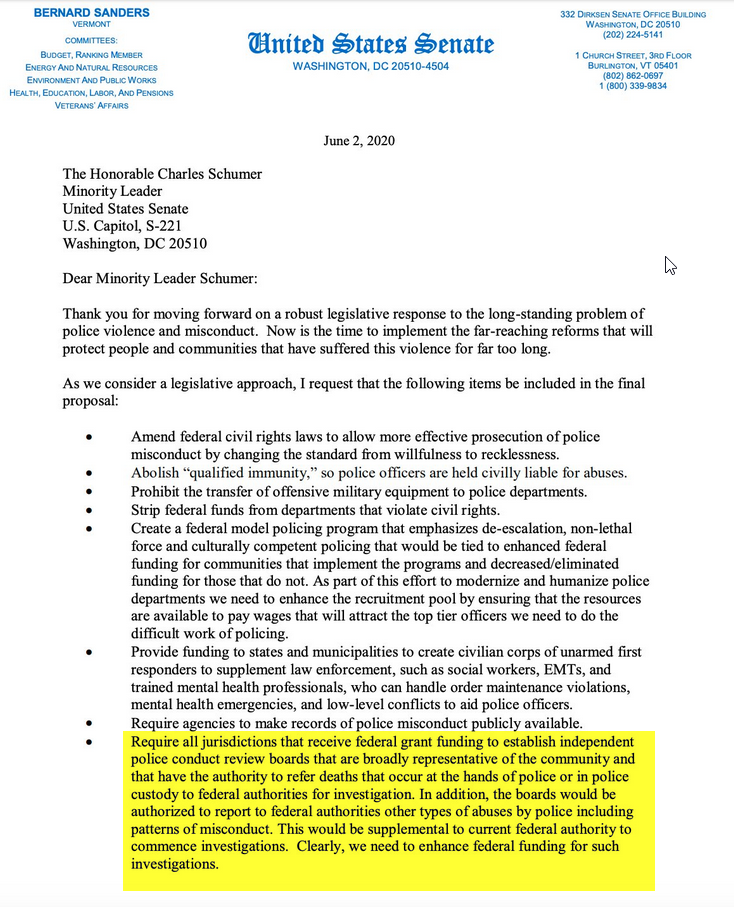Tag: 2020 protests
On Rioting
The Evolution of Protests
People who have been dealing with police brutality for decades need to be remembered as protests against police violence continue. I could get brutalized for showing up at a protest, but someone with different DNA could get brutalized for walking downtown. But the evolution of BLM protests into protests against police brutality used against protesters and protests against federal policing of American cities are perfectly valid movements too. I see people who had no personal experience with police brutality who joined a protest based on their reaction to the Floyd video got to experience profiling (you’re here with a sign, so must be a violent anarchist out to smash glass), police brutality, and violent over-reactions. Brings to mind the hypothesis that military action in Iraq was a huge recruitment driver for radical groups — people who disliked abstract America policy in a non-violent way experienced that policy as friends and family became collateral damage. And wanted to “do something” to push back.
Although, that may be the point of the BLACK Lives Matter movement — that given two equally valid movements, the one impacting white people hold the nation’s attention while the equally valid concerns from a minority group fall by the wayside.
The New Caravan
Ignoring Distal Factors
I’m glad to see that all of the officers involved in Mr. Floyd’s death last week have been charged, but there are proximal and distal factors prompting the protests. While this might address the proximal factor, what does it do for the distal ones? How many instances of police brutality have still been ignored? How much police brutality have we seen during the protests? There was a clip on the ABC news a few nights ago where two cops were arresting someone. The one cop threw his leg over the individual and dropped a knee on his neck. Now the other cop quickly shoved the first cop’s leg away, but how in the world could a cop think “hey, knee on the neck is a good idea”?
In the mid-90’s, I worked on a project to bring local law enforcement data together and use rudimentary AI to identify offenders who spanned jurisdictions. Why wouldn’t we demand a similar database for police offenses? Identify behavioral patterns that might be addressed through training, identify practices that frequently endanger civilian lives, avoid a violent officer moving around to maintain employment, and incorporate individual’s information in performance reviews.
